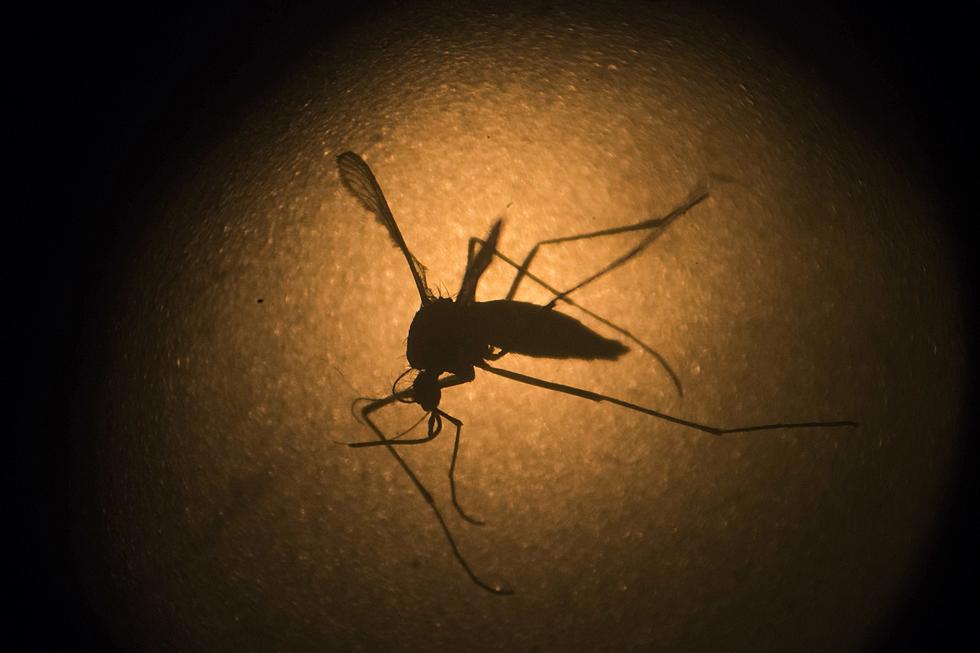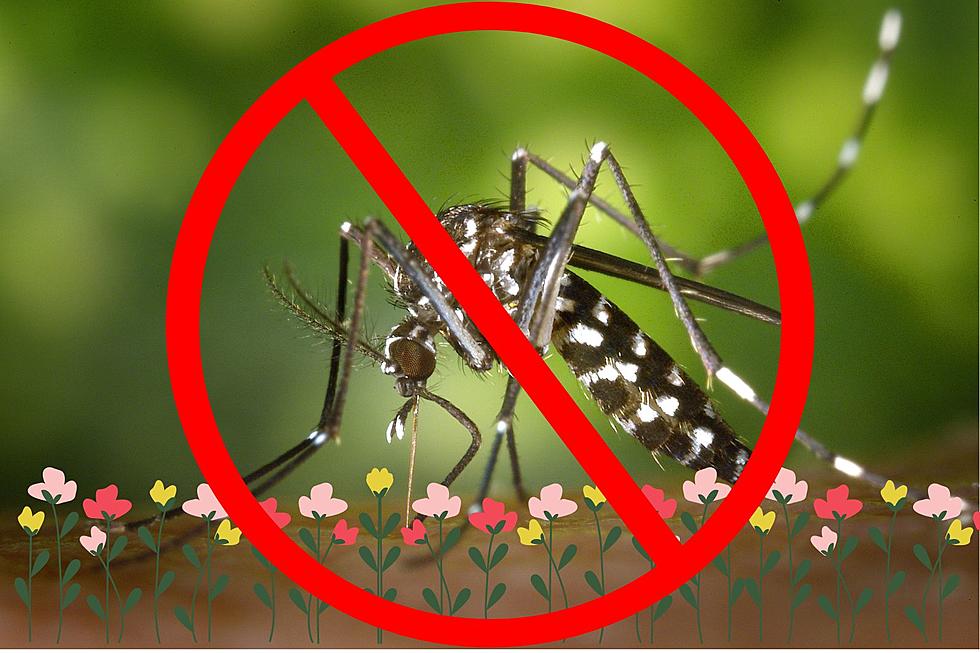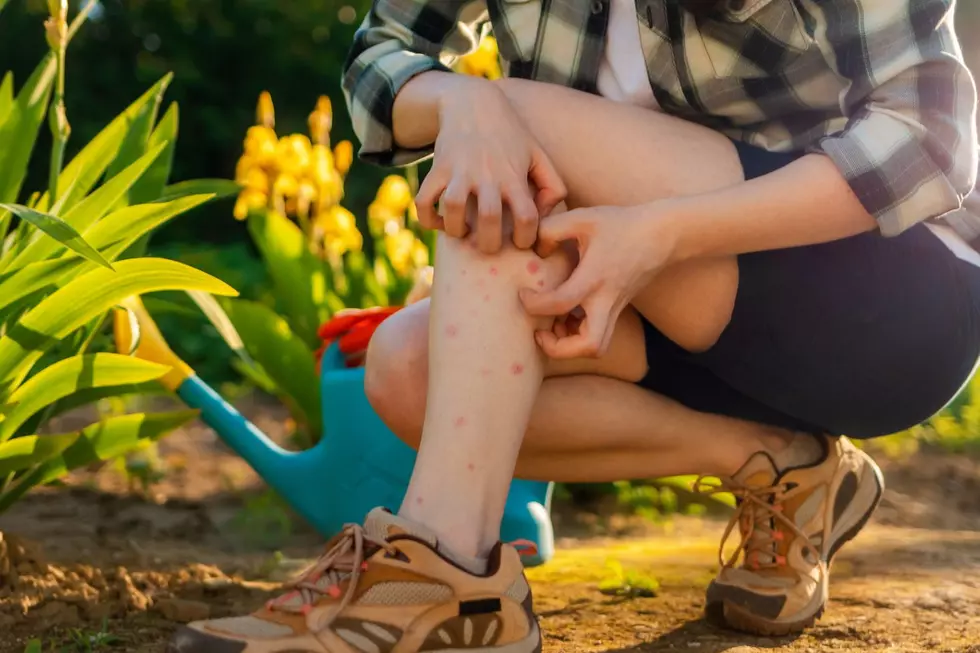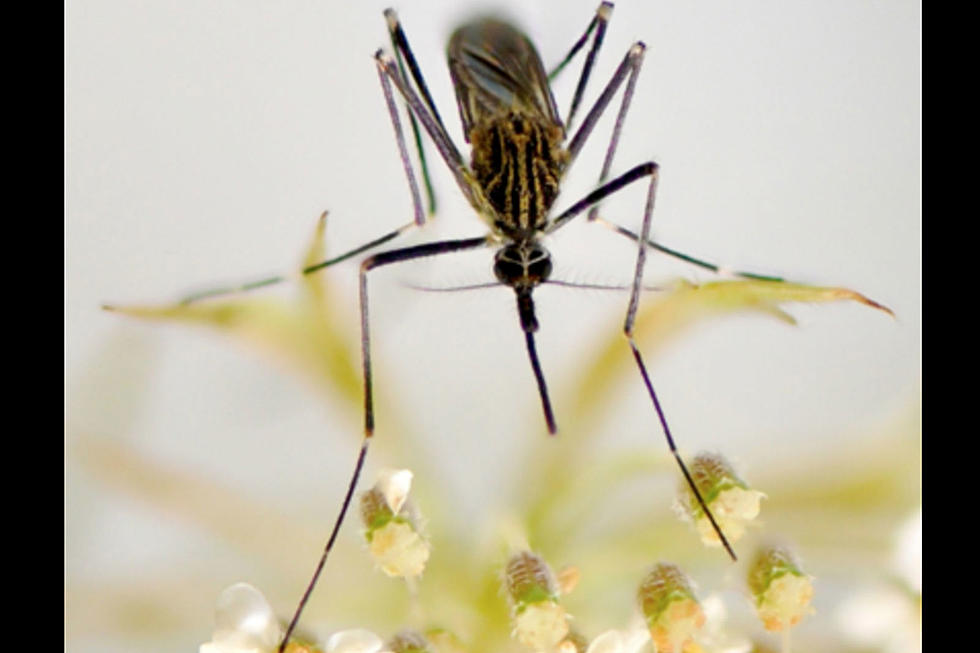![Sandy-Debris a Breeding Ground for Mosquitoes, NJ Officials Warn [AUDIO]](http://townsquare.media/site/385/files/2012/09/West-Nile-2.jpg?w=980&q=75)
Sandy-Debris a Breeding Ground for Mosquitoes, NJ Officials Warn [AUDIO]
State officials are voicing concern that all of the debris left in the wake of Superstorm Sandy more than 6 months ago could provide additional breeding grounds for mosquitoes that carry the West Nile Virus.
"We're concerned about these being potential areas where stagnant water can collect and therefore create habitat for breeding mosquitoes. We just want homeowners and property owners - when they are out there cleaning up their homes, their properties - to be very mindful of taking steps to prevent mosquitoes from breeding earlier on in the season," says New Jersey State Epidemiologist Dr. Tina Tan.
She points out pools of stagnant and standing water can be great places for mosquito eggs to breed, to hatch and reproduce in big quantities, so for that reason it's really important to get rid of those areas.
"Usually we start seeing human cases of West Nile towards the end of the summer, but we are keeping an effort on it earlier this year," she says. "We are encouraging our local health partners, in conjunction with homeowners to continue to collect dead birds as part of our bird surveillance for West Nile virus, which is an early season indicator of West Nile virus activity that helps us monitor this situation."
Dr. Tan adds West Nile Virus can create very serious illnesses, particularly among elderly individuals and people with weakened immune systems, such as very severe headaches, high fever, disorientation, muscle weakness and paralysis and potentially even death."
Last year in New Jersey, there were 48 West Nile cases, with 6 deaths.
More From New Jersey 101.5 FM









